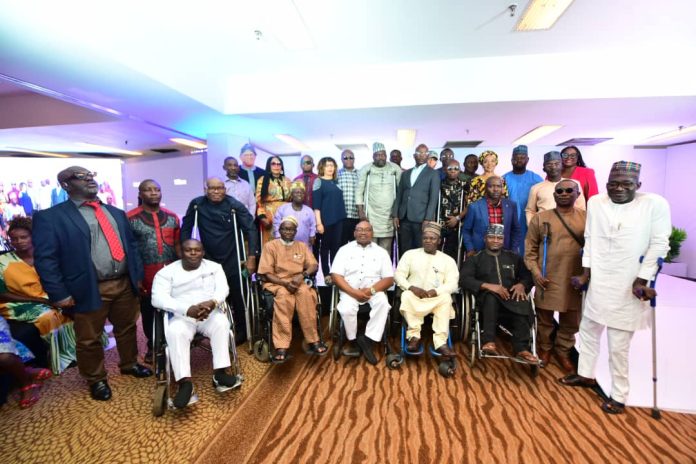Abuja, Nigeria – The challenge of ensuring equal access to criminal justice for persons with disabilities (PWDs) took center stage at a two-day National Dialogue on Inclusivity in Criminal Justice Administration and Reforms, held on October 17-18, 2024, in Abuja. The event, organized by the National Commission for Persons with Disabilities (NCPWD), brought together disability advocates, legal practitioners, and policymakers to discuss the critical gaps in the justice system and explore solutions for better inclusion.
During his keynote address, Chief Ayuba Gufwan, Executive Secretary of the NCPWD, stressed the persistent lack of accessibility in Nigeria’s legal and criminal justice systems, noting that many PWDs still encounter significant barriers when trying to seek justice.
“Justice should be available to all citizens, regardless of ability, yet persons with disabilities are being left behind. Whether through physical, financial, or communication barriers, the system is still failing to meet the needs of many individuals within the disability community,” Gufwan lamented.
He emphasized that accessibility in the legal space must be multi-dimensional, pointing out the various accommodations required to make justice truly inclusive. “The Deaf community needs access to sign language interpreters during legal proceedings, the blind need braille materials, and wheelchair users require accessible court environments, including ramps. However, many facilities still fall short of meeting these standards, despite the accessibility regulations already outlined by the Commission,” he explained.
The NCPWD boss also drew attention to the challenges faced by lawyers with disabilities, many of whom actively engage in litigation but struggle to navigate court environments due to the lack of accessible infrastructure and materials to aid their legal practice. “Imagine the irony—lawyers with disabilities, committed to advancing justice, are themselves unable to access the very tools and spaces needed to perform their duties,” he added.
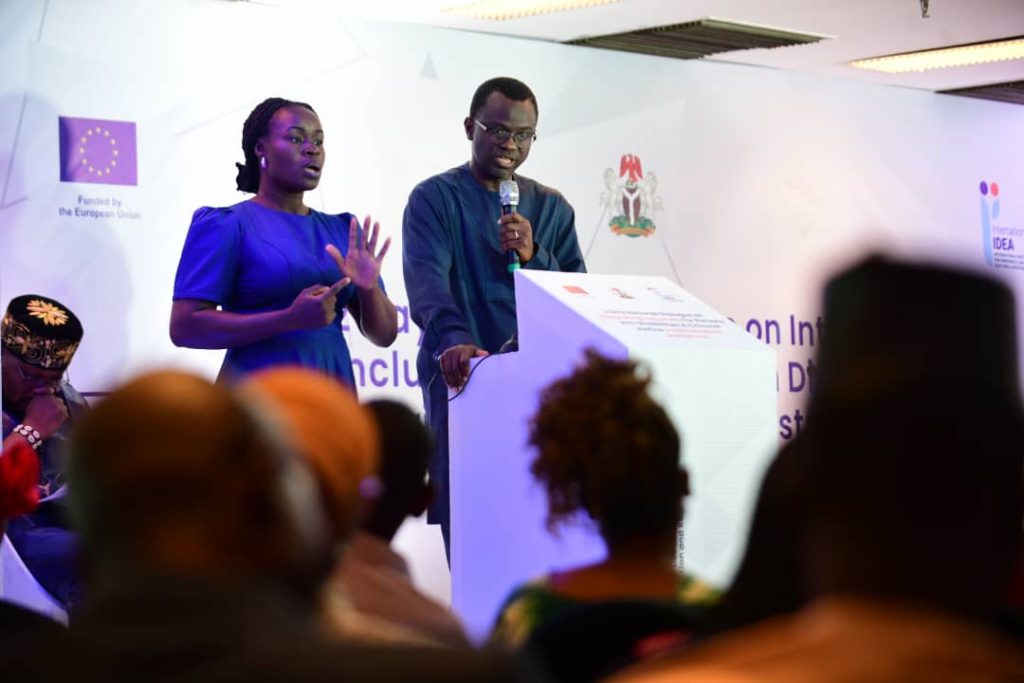
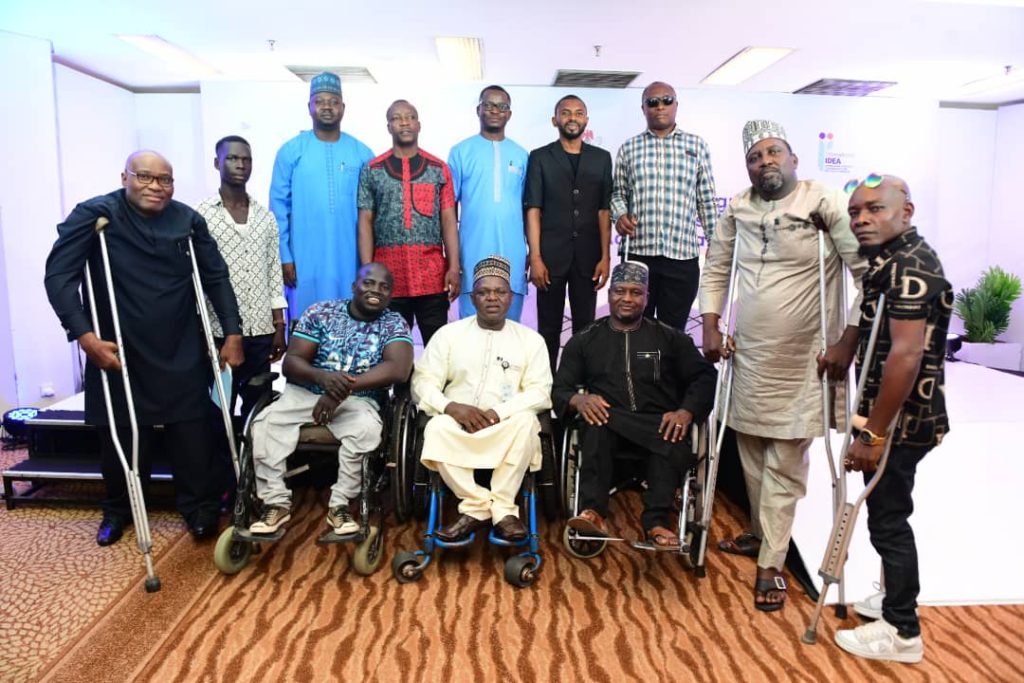

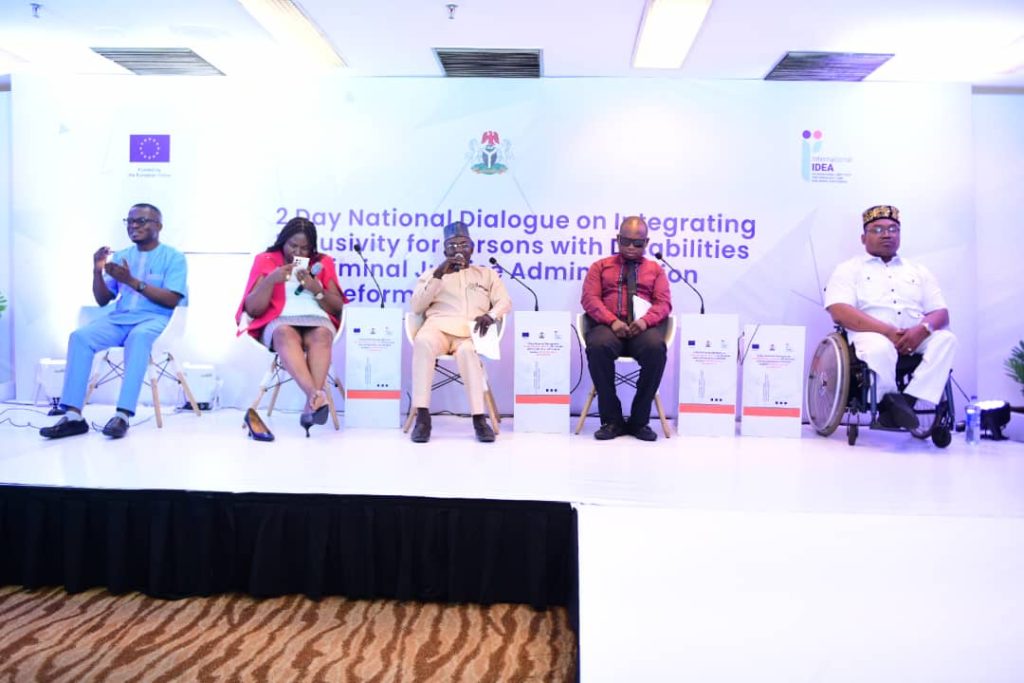
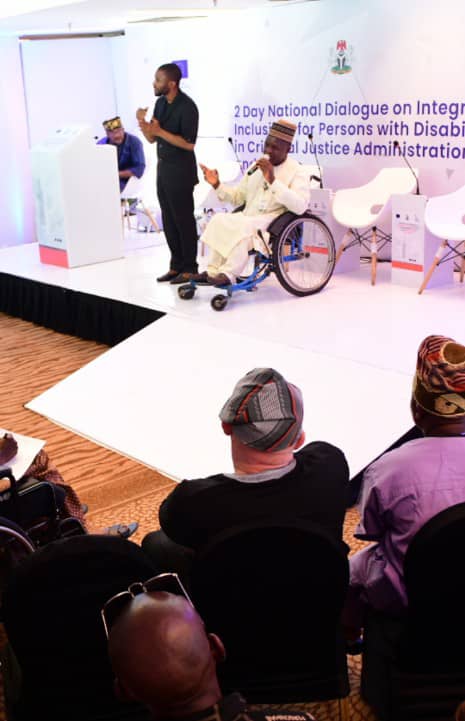
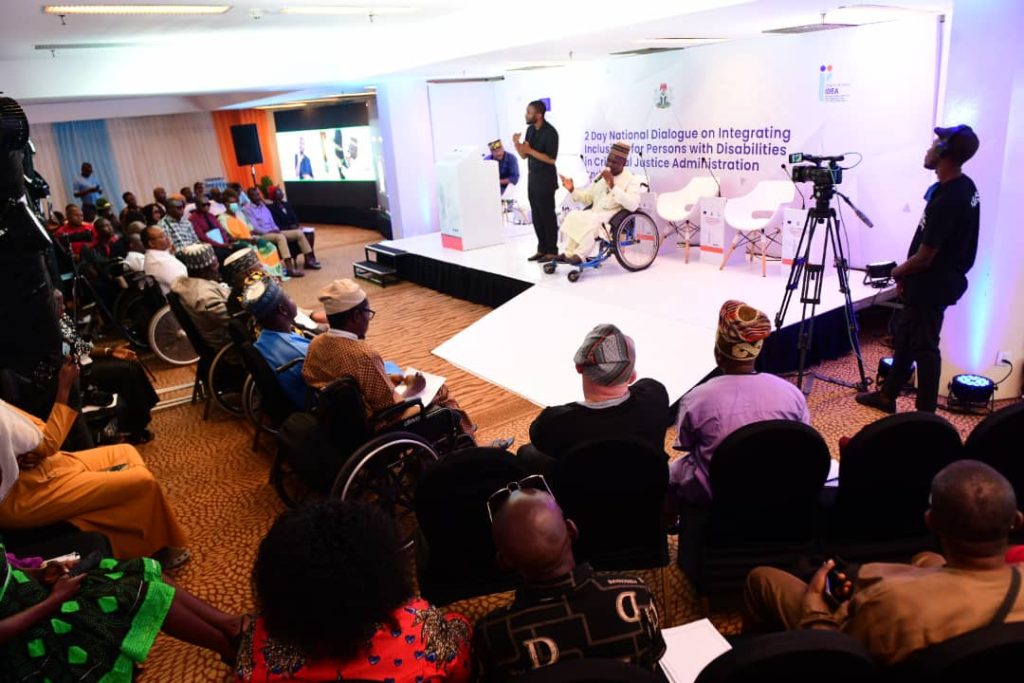
Bridging the Gap: Calls for Reform and Collaboration
The dialogue also featured insights from Dr. Oluwatoyin Badejogbin, Project Manager for Criminal Justice Reforms, who highlighted the structural gaps within the justice system. Dr. Badejogbin urged participants to think critically about how these barriers could be dismantled to foster an inclusive society. “Improving the criminal justice system requires reimagining how it functions, from courtroom accessibility to procedural fairness for all citizens,” he noted.
In his contribution, Barrister Ikem Uchegbulam, Director of Compliance and Enforcement at NCPWD, reflected on positive legislative developments, using the Administration of Criminal Justice Act (ACJA) 2015 as a reference point. He commended the Act for removing gender-based restrictions in law enforcement practices, such as the ability of women to post bail—an achievement he said could serve as a precedent for reforms that benefit PWDs. “Before the ACJA came into effect, women were barred from posting bail. Today, we have a legal framework that recognizes equality in practice. This shows that change is possible, and it is now time to apply the same principle to PWDs,” Uchegbulam stated.
The Way Forward: A Call for Action and Accountability
Gufwan concluded by calling on stakeholders to intensify efforts to ensure that all public facilities comply with the accessibility guidelines issued by the Commission. He emphasized that inclusivity in the justice system is not just a matter of policy but a moral obligation to ensure that no one is left behind.
The dialogue ended with participants brainstorming actionable recommendations, including:
- Increased funding for assistive services, such as sign language interpreters and braille materials.
- Strengthening compliance monitoring to ensure public buildings, including courts, meet accessibility standards.
- Collaborative efforts between legal practitioners, disability advocates, and government agencies to develop inclusive policies.
The event highlighted the urgent need to remove barriers that hinder PWDs from accessing justice and underscored the importance of aligning criminal justice reforms with the provisions of the Discrimination Against Persons with Disabilities (Prohibition) Act, 2018.
As the forum drew to a close, there was a renewed commitment among stakeholders to push for reforms that not only enhance accessibility but also ensure that PWDs can participate fully and equally in Nigeria’s legal processes. “Injustice anywhere is a threat to justice everywhere, and we must act collectively to guarantee that persons with disabilities are no longer excluded from the promise of justice,” Gufwan concluded.
The NCPWD hopes the recommendations from the dialogue will serve as a blueprint for future reforms, ensuring that Nigeria’s justice system evolves to meet the needs of all its citizens, including those with disabilities.

